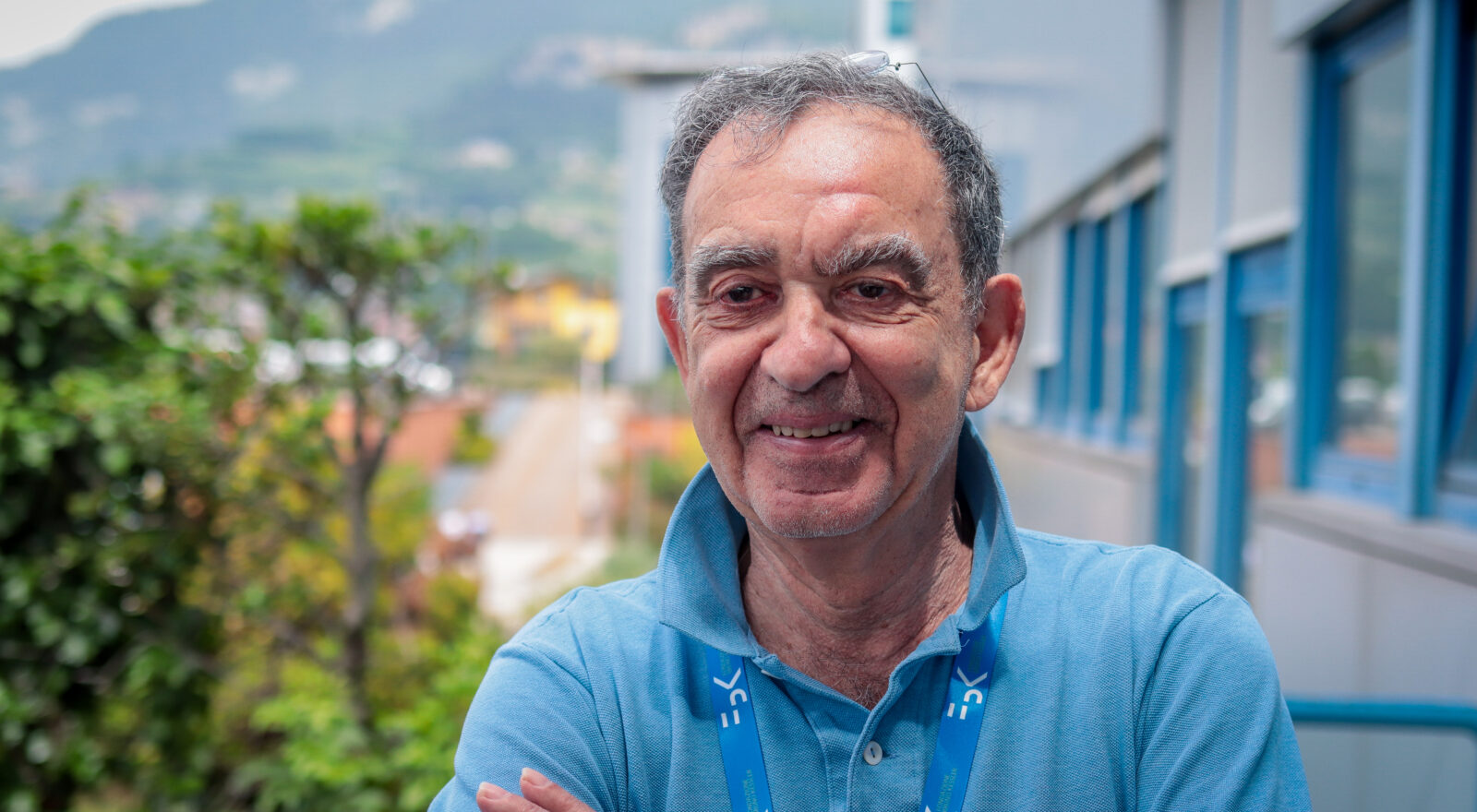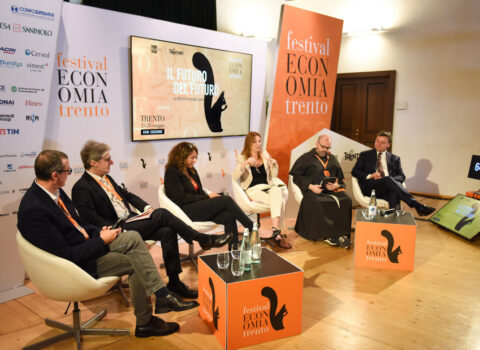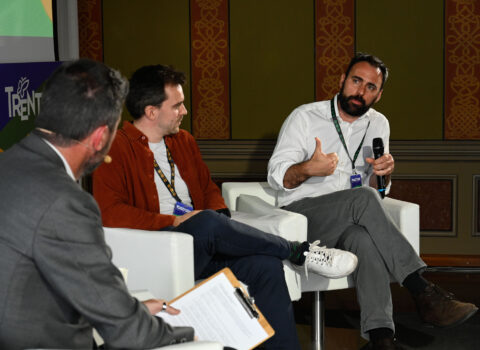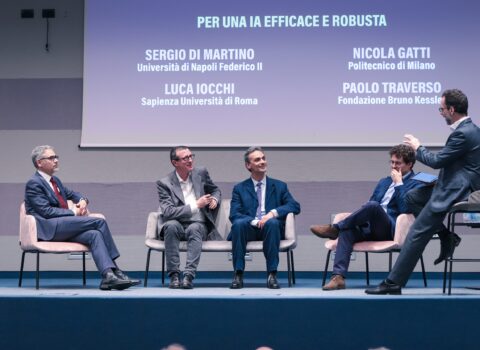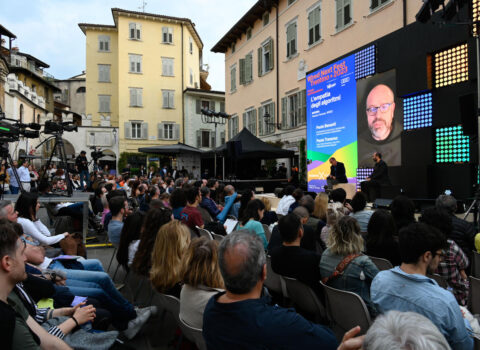
Understanding AI – An interview with Tomaso Poggio, Professor at MIT Boston
Tomaso Poggio is the Head of the Center for Brains, Minds and Machines and is an international pioneer in the field of Artificial Intelligence. On occasion of the workshop "DEEP LEARNING: Theory, Algorithms, and Applications" which took place in Povo - where he had worked at the time of Prof. Luigi Stringa - we asked him some questions to better understand AI and what we have to expect in the near future.
- Professor Poggio, you have a long experience in the field of Artificial intelligence, being a pioneer of it. How has this field evolved over the years?
I had worked also here at FBK back in the days of Luigi Stringa. The field developed slowly at the beginning and at some point very quickly. There was a critical transformation when we moved from computer programming to computer training, in 1990s. Back then only few people, like me, believed in machine learning. Researchers started to convince themselves about it around ten years ago. We moved from giving detailed instructions to computers to training them. That was a real paradigm shift. It is an aspect involving not only the field of Artificial intelligence but also the broader field of computer science.
- In the near future, in which sectors will the Artificial intelligence which has been developing recently bring a perceivable improvement in the quality of life?It’s hard to say because the fields of application are so many. Where computers are involved we can expect improvements and computers are just everywhere: from cars to airplanes, in medicine, banking and insurance. These systems will be interacting with people more and more.
- About this last point, do you see any issues also? How can we prevent them?It’s a very powerful technology and just like any powerful technology it can bring along risks and advantages, such as the nuclear energy. I don’t think there is a real existential risk in this case, an “evil computer” aiming to dominate humanity as you see in science fiction. The most subtle danger is that this new technology, like the one behind ChatGPT, may spread misinformation and our human knowledge may be weakened and twisted. It is actually already happening with fake news, regardless of this specific technology. A transformation of the Internet is likely to be expected, for example by setting up browsers able to detect only certified news. This is already possible with current technologies.
- What is your opinion about the European regulating actions?
Nothing is perfect but it is very important that we are beginning to have regulations. I don’t know the details but one of my former students has been working in this field in the past few years. The new rule, for example for applications used in hospitals, is that the machine can learn and evolve but always under the supervision of a physician. I think this method can be applied to other fields to, such as that of writing: competent human beings monitoring the machine, collaborating with it. A very natural way also to prevent many people from losing their jobs.
-
Where is your research going toward?
For traditional machine learning we have theories, whereas with the deep learning developed in the past 20 years we use some “tools” which work but we don’t know exactly why they work. This is no new story in research, it already happened in the past to volta and the electricity. At first there were a lot of applications without people knowing what the electricity actually was. Only 60 years later, thanks to Maxwell’s equations, we formulated a theory. We are now in a similar situation: in my field we are studying to formulate a theory. We have done a lot recently and a lot still has to be done.
